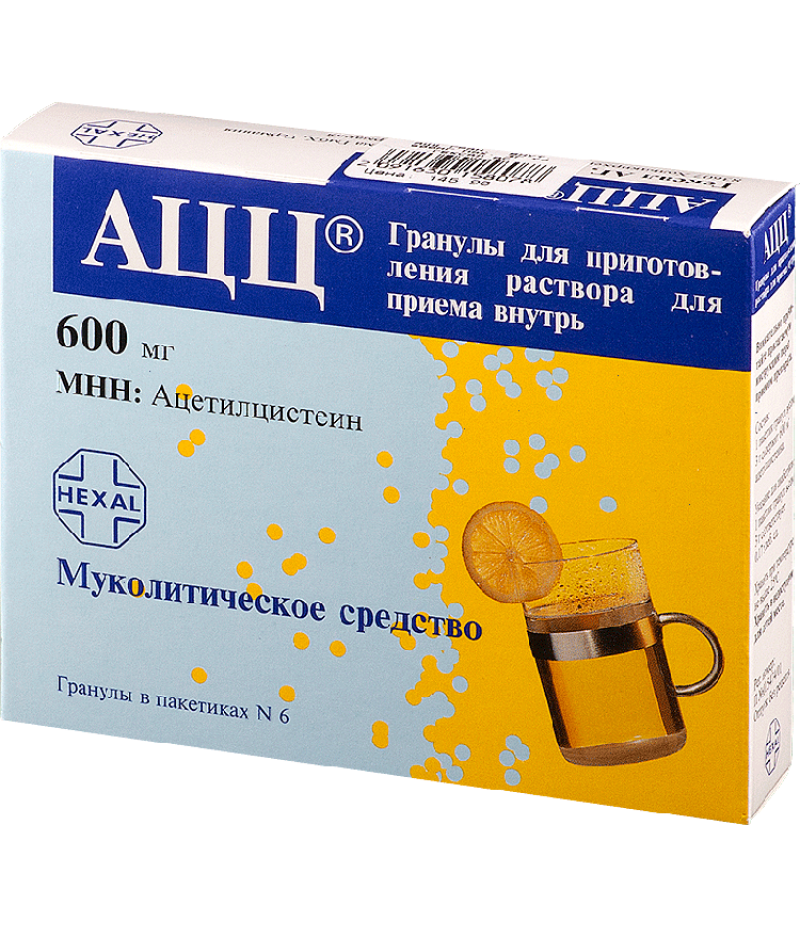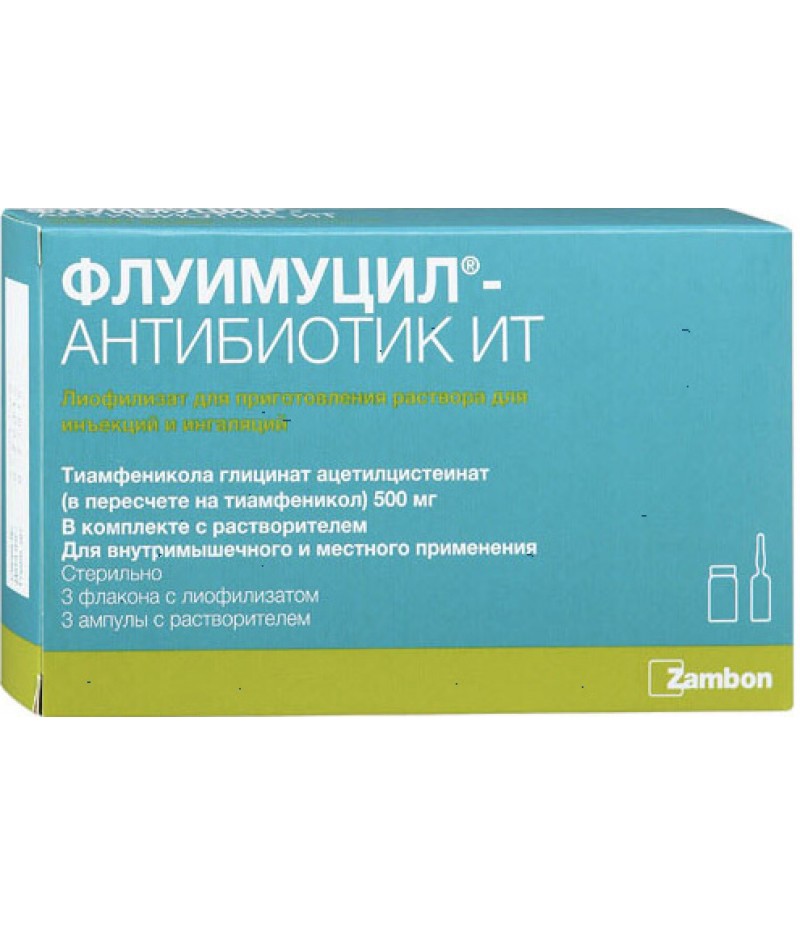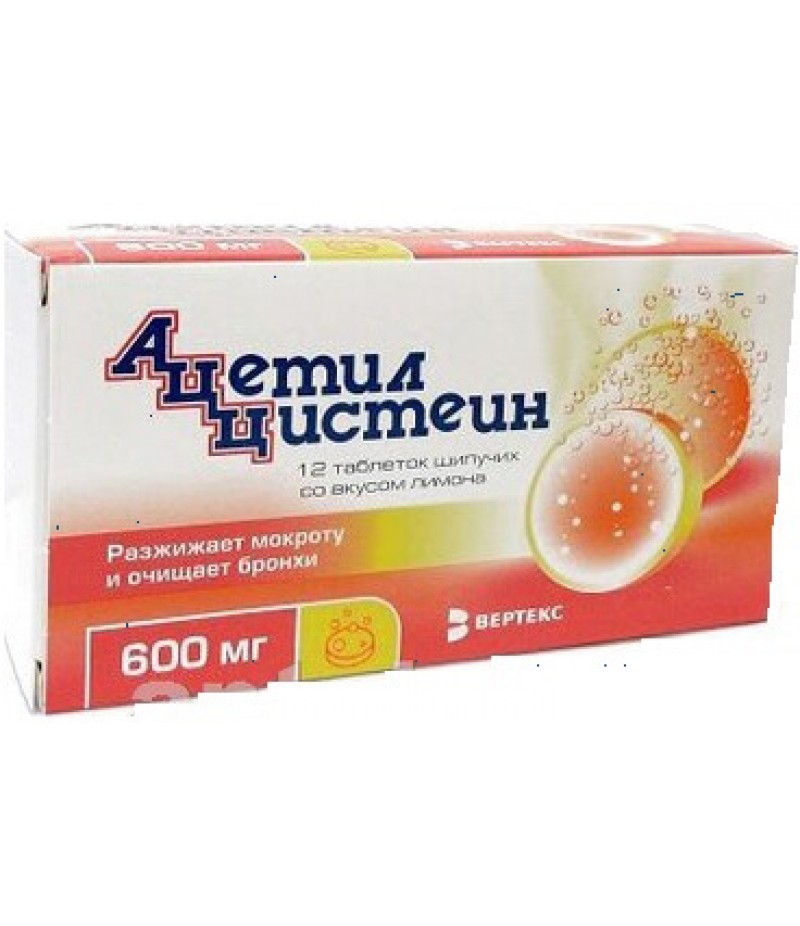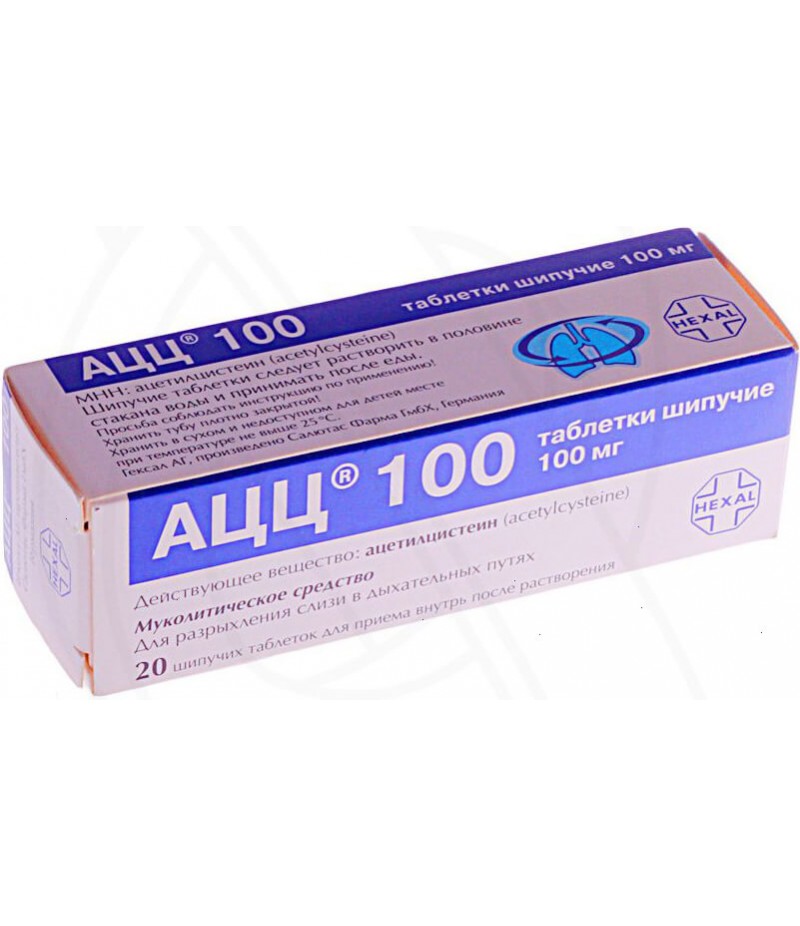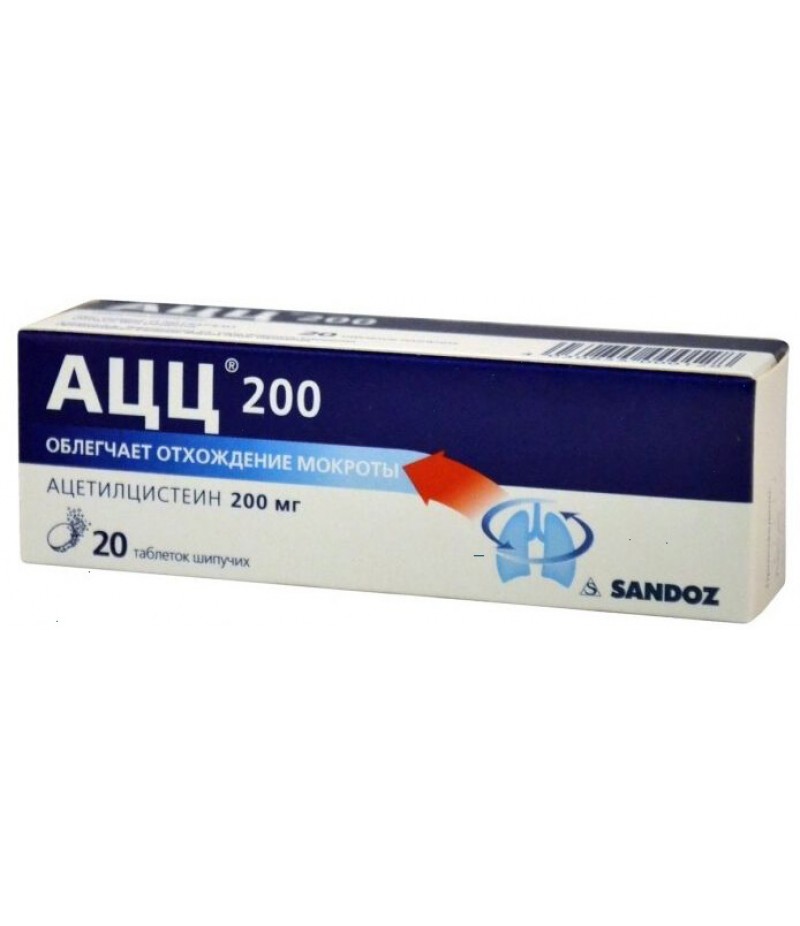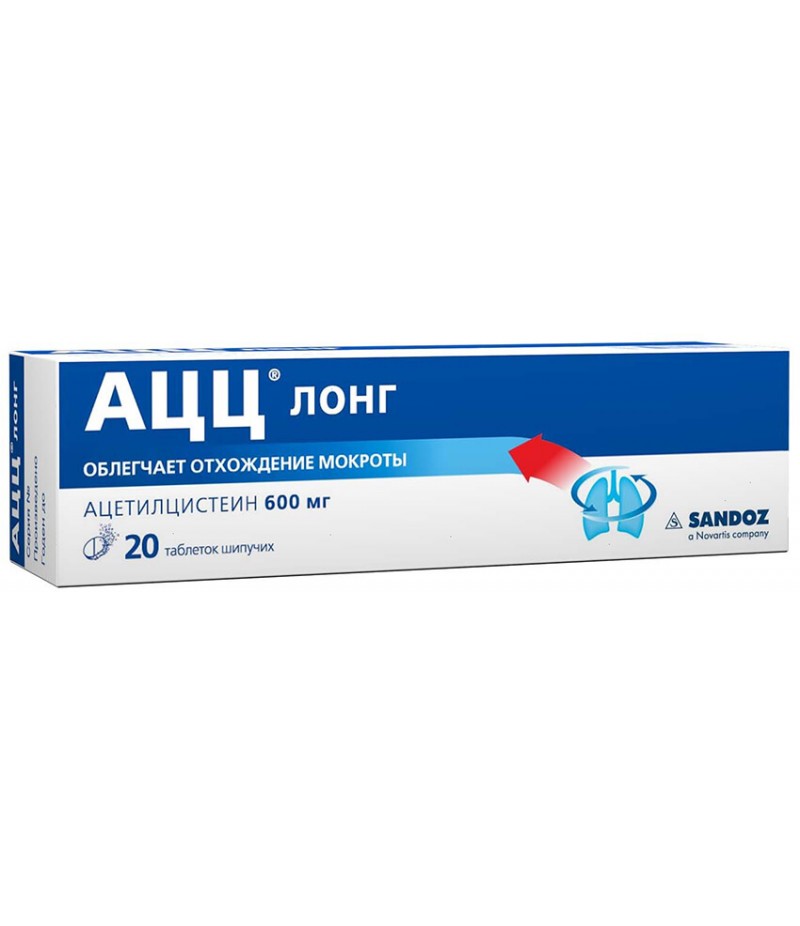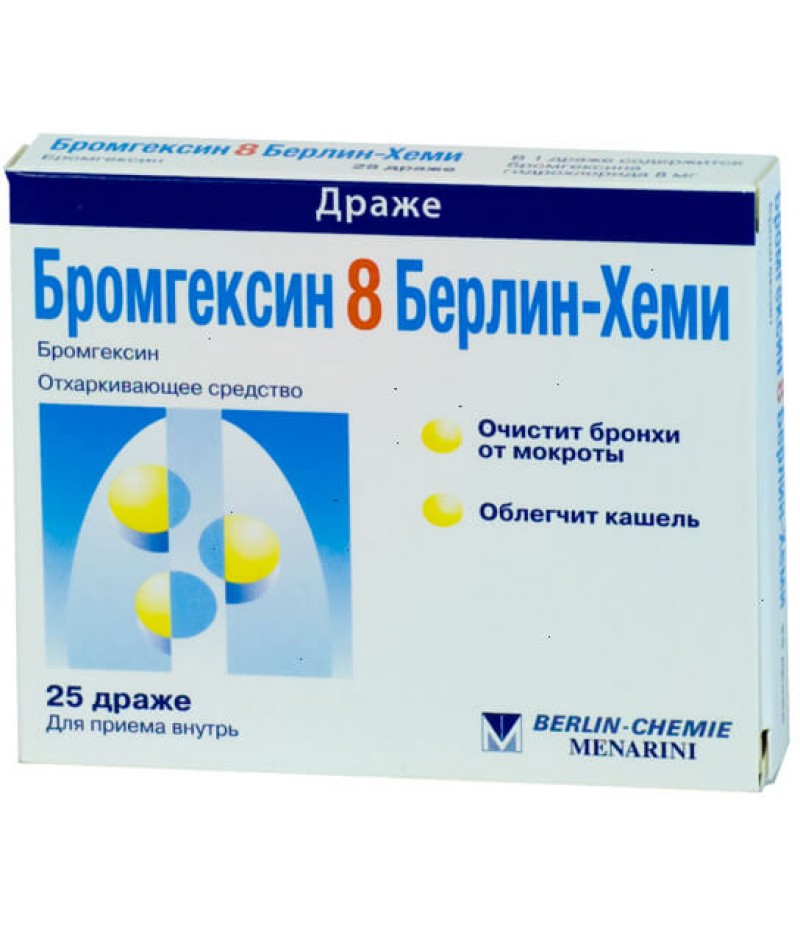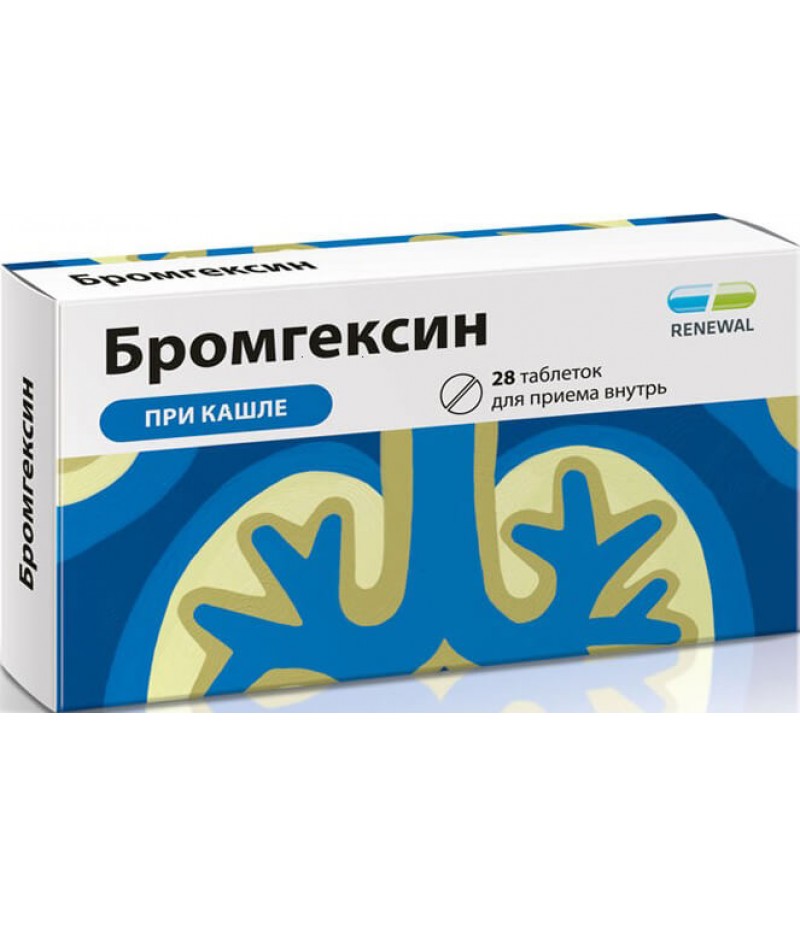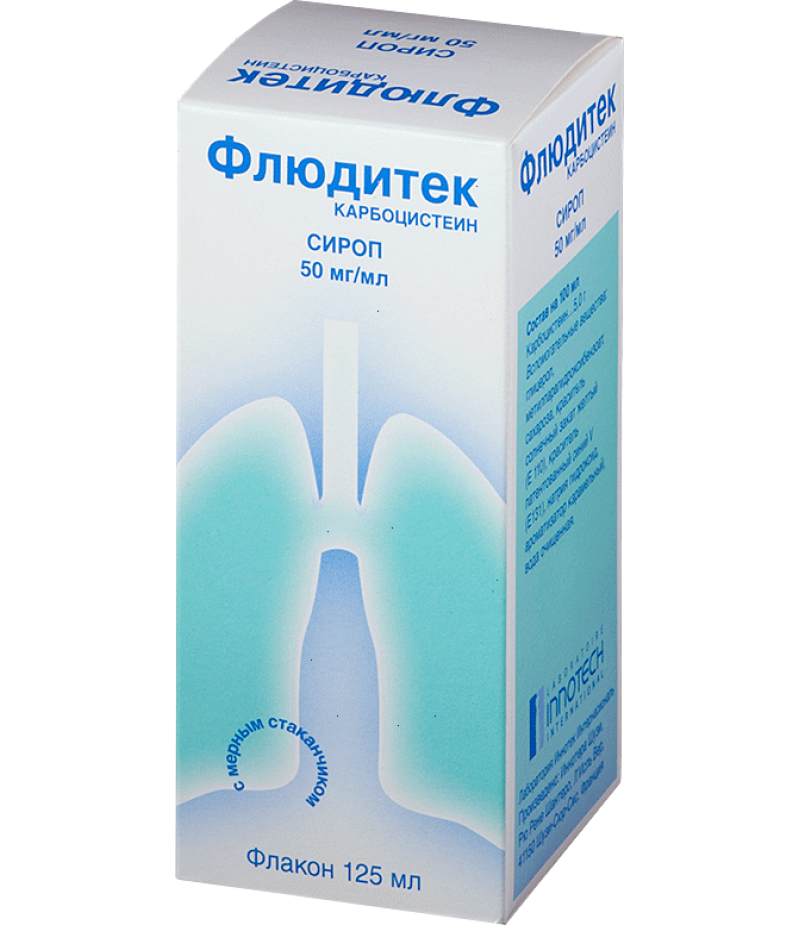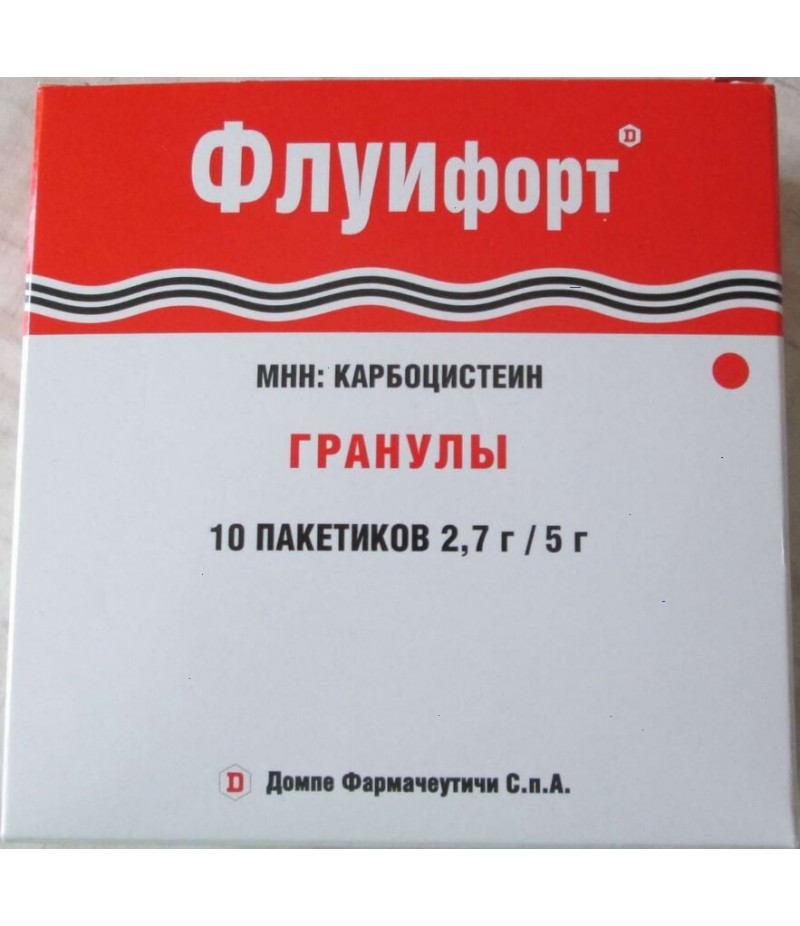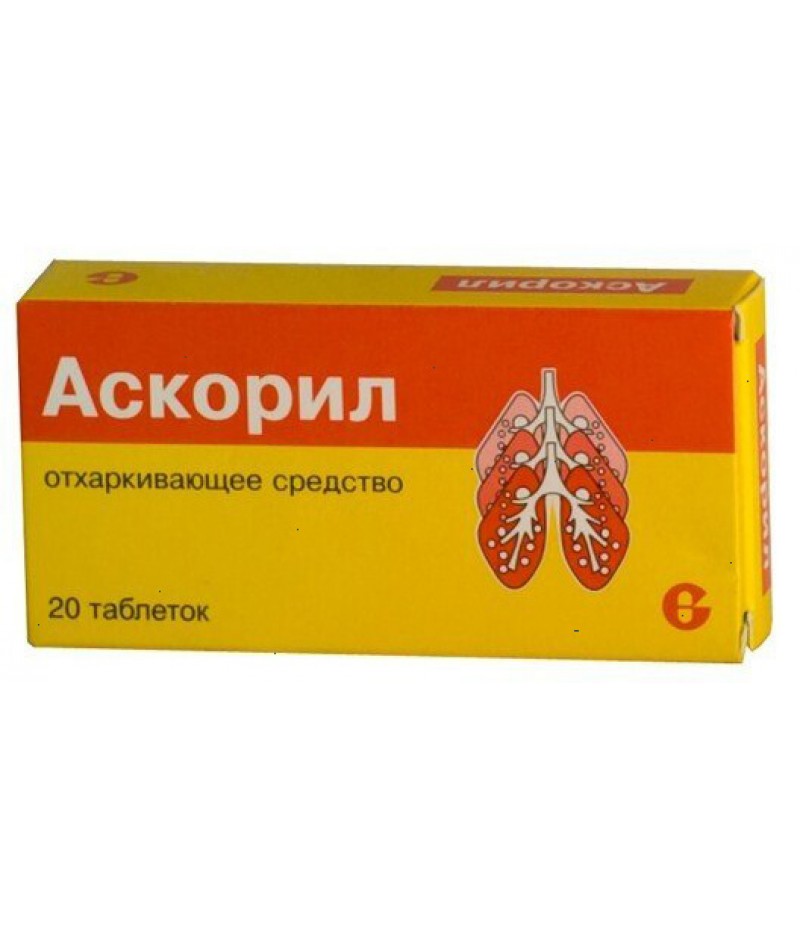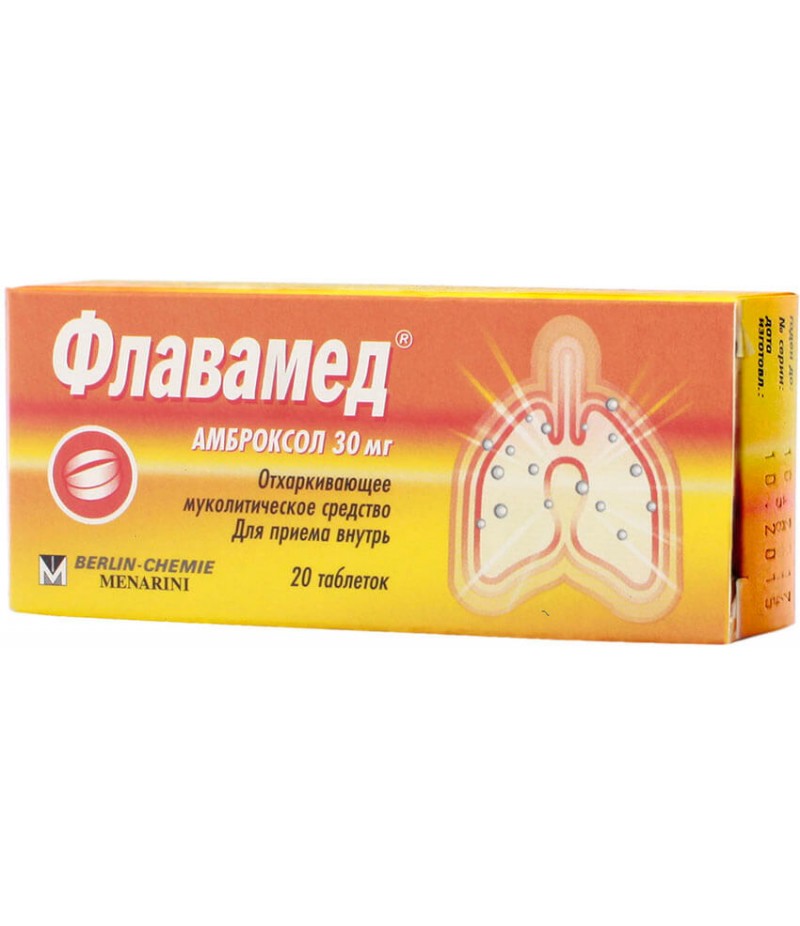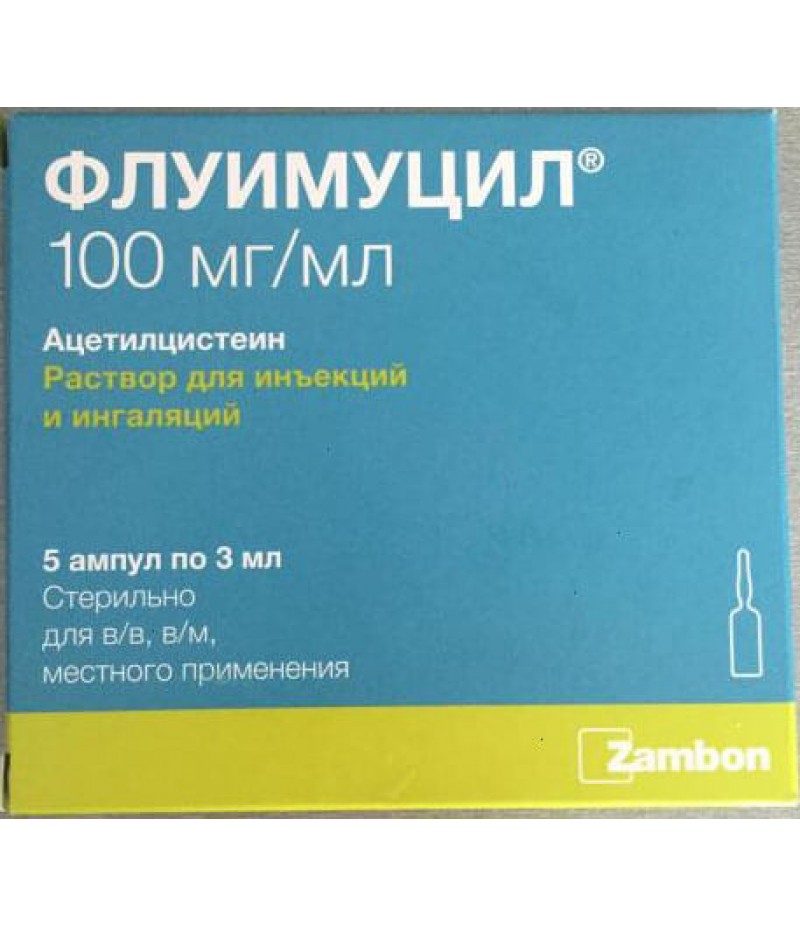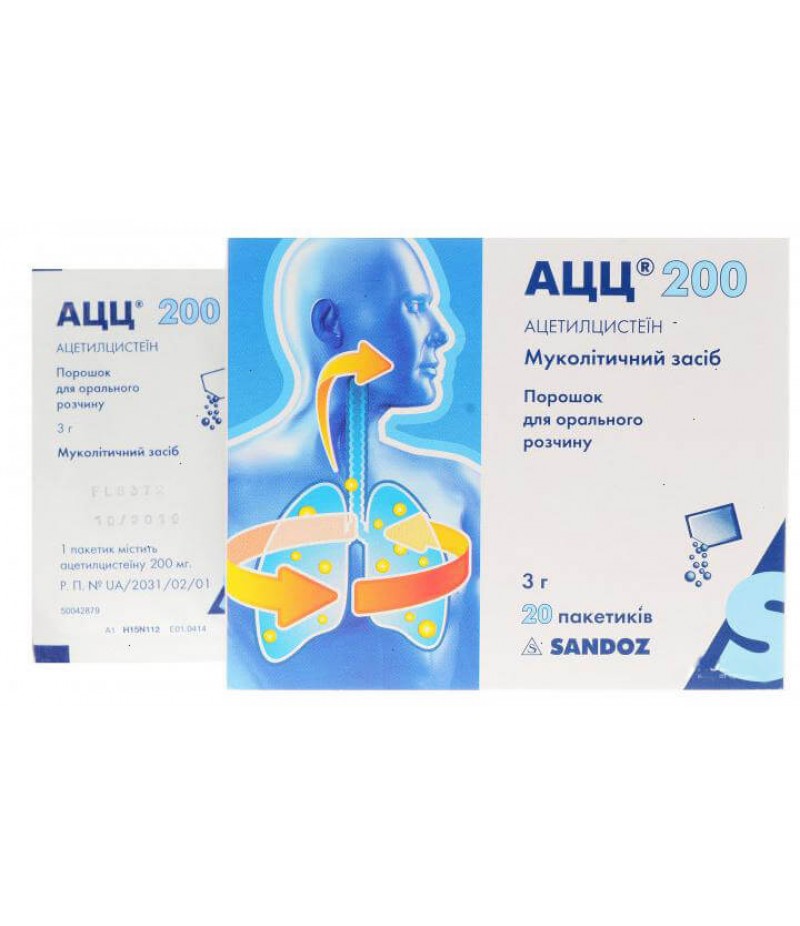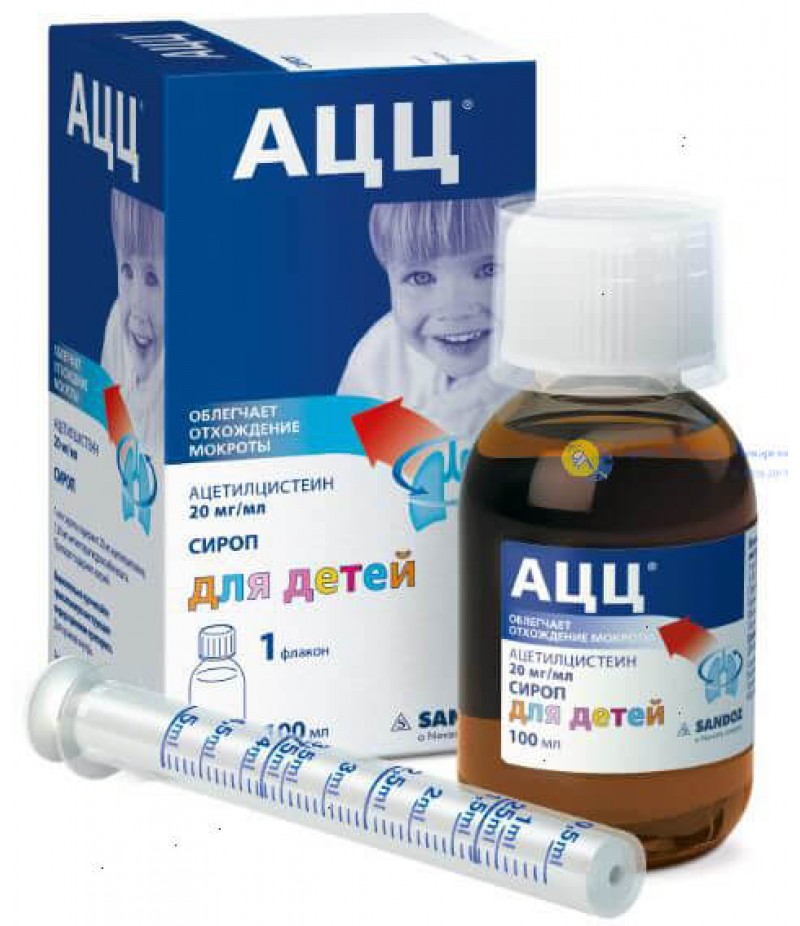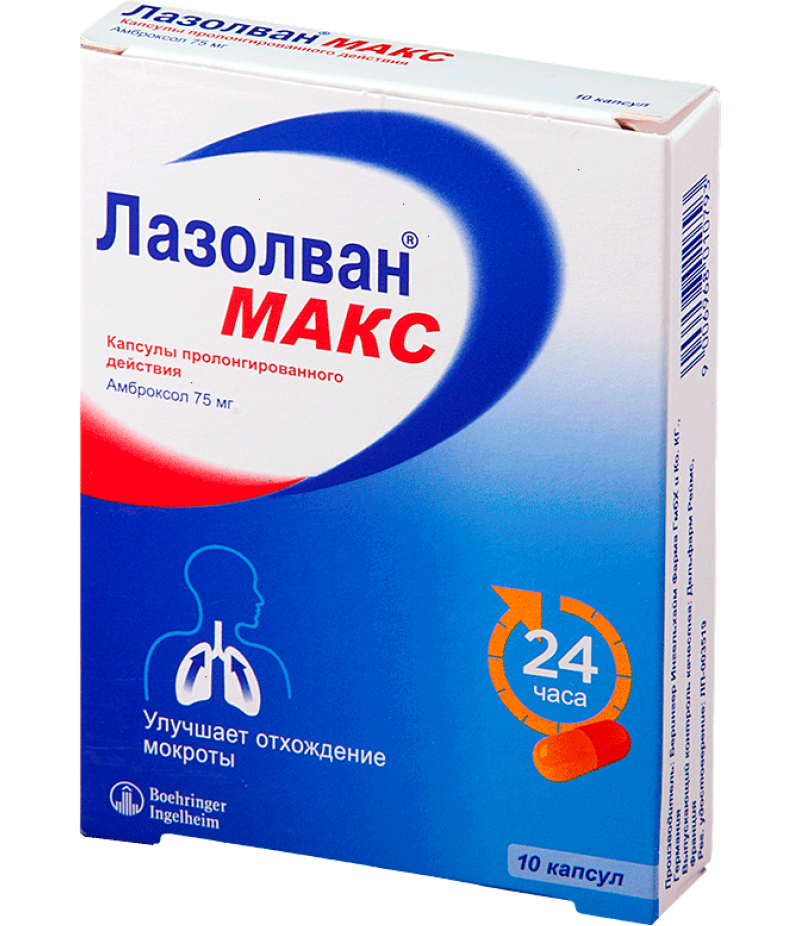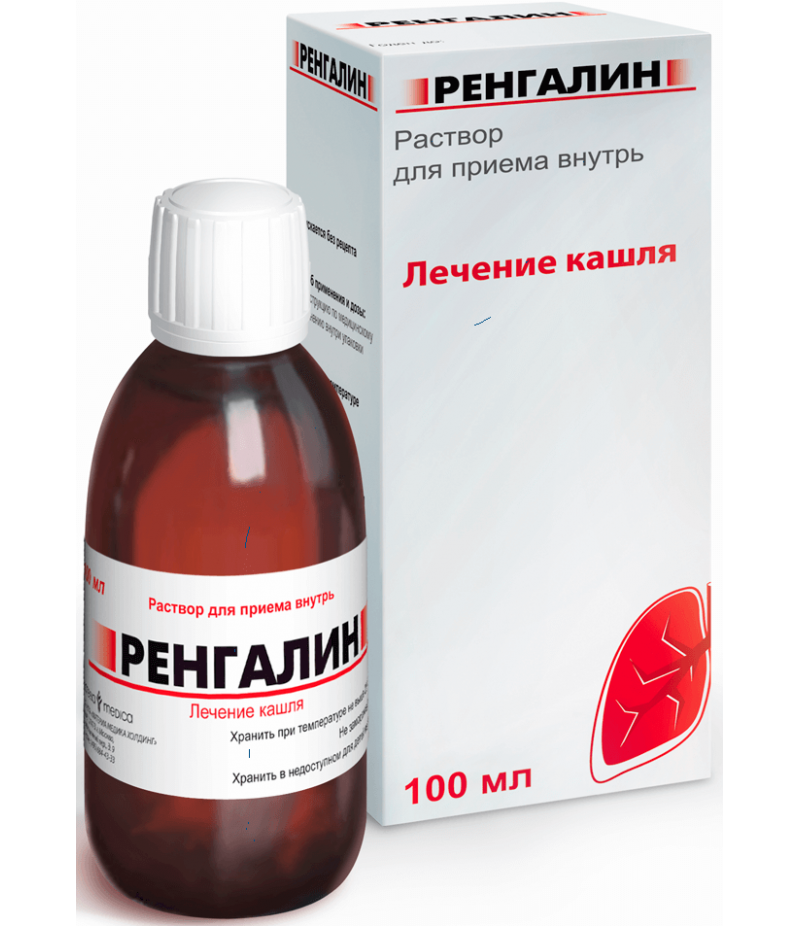ACC powder 600mg #6
- $7.89
- 3 or more $7.55
- Availability:In Stock
User manual for ACCYou can buy ACC hereCompositionThe ACC tablets contains an active component acetylcysteine, and the medicine contains additional components: acid lemon anhydrous, sodium carbonate anhydrous, sodium hydrogen carb..
User manual for ACC
You can buy ACC here
Composition
The ACC tablets contains an active component acetylcysteine, and the medicine contains additional components: acid lemon anhydrous, sodium carbonate anhydrous, sodium hydrogen carbonate, mannitol, anhydrous lactose, sodium citrate, ascorbic acid, sodium saccharinate, flavor.
ACC powder contains in the active ingredient acetylcysteine, as well as additional components: sucrose, ascorbic acid, sodium saccharinate, flavor.
Form of issue
The preparation of ACC 100 (ACC children) and ACC 200 (for adult patients) is produced.
The drug is issued in the form of effervescent tablets, as well as in the form of granules, which are used to apply the solution. The white tablets, on the one hand risk, have a blackberry flavor. There may be a faint smell of sulfur. Tablets are used to prepare a solution - transparent, with a scent of blackberry.
The granules are white, homogeneous, have the aroma of honey and lemon or orange. The granulate is contained in foil bags, in a cardboard pack of 20 bags.
pharmachologic effect
Wikipedia testifies that the substance acetylcysteine is a derivative of the amino acid cysteine. It produces a mucolytic effect, under its influence, the process of sputum evacuation is facilitated, since the substance directly affects the rheological properties of sputum. Its effect is related to the ability to rupture the disulfide bonds of mucopolysaccharide chains, resulting in a depolymerization of mucocutaneous sputum. As a result, the viscosity of phlegm decreases.
The drug is also active if the patient has purulent sputum.
The annotation also contains information that the ACC provides an antioxidant effect associated with the ability of reactive sulfhydryl groups to neutralize oxidative radicals by binding to them. In view of this, the protection of cells from oxidation increases, which often occurs in inflammatory reactions.
Also, acetylcysteine activates glutathione, which is an important part of the antioxidant system and chemical detoxification of the body.
If ACC is used for prevention, the severity and frequency of exacerbations in people suffering from cystic fibrosis and chronic bronchitis decrease markedly.
Pharmacokinetics and pharmacodynamics
There is a high level of absorption of the drug. Metabolism occurs in the liver, with the formation of an active metabolite - cysteine, also cystine, diacetylcysteine, mixed disulfides.
When administered orally, the level of bioavailability is 10% (since marked effect of the first passage through the liver). The maximum concentration in the plasma is observed after 1-3 hours. With blood proteins binds to 50%.
It is excreted in the urine in the form of inactive metabolites. The elimination half-life is 1 hour, if the patient has impaired liver function, then it can lengthen up to 8 hours.
Through the placenta penetrates, there is no data on the penetration through the BBB.
Indications for use
The following indications for the use of this drug are noted:
diseases of the respiratory system, which form viscous sputum, which is difficult to separate;
bronchitis acute and chronic;
tracheitis, obstructive bronchitis, laryngotracheitis;
bronchiectatic disease;
pneumonia;
bronchial asthma;
cystic fibrosis;
abscess of the lung;
chronic obstructive pulmonary disease;
sinusitis acute and chronic;
otitis media.
Contraindications
There are contraindications for all forms of the drug:
high sensitivity to any of the constituents of the drug;
period of exacerbation of stomach and duodenum ulcers;
pulmonary hemorrhage;
hemoptysis;
pregnancy and the period of feeding.
Carefully prescribe the drug to patients with a stomach ulcer or duodenal ulcer in history, with histamine intolerance (can not be used for a long time), with bronchial asthma, varicose veins of the esophagus, bronchitis obstructive, adrenal diseases, arterial hypertension, hepatic and / or renal insufficiency.
Additional contraindications for effervescent tablets 200 mg:
lack of lactase, lactose intolerance;
malabsorption glucose-galactose;
the patient's age is up to 2 years;
Additional contraindications for granules:
intolerance to fructose;
lack of sugar / isomaltase;
insufficiency of glucose-galactose;
the patient's age is up to 6 years.
Side effects
In the course of treatment such side effects can be noted:
allergic manifestations: rashes, hives, exanthema, skin itching, lowering of arterial pressure, tachycardia, angioedema; in rare cases - anaphylactic reactions, toxic epidermal necrolysis, Stevens-Johnson syndrome;
system of digestion: abdominal pain, stomatitis, vomiting, diarrhea, nausea, heartburn, indigestion;
respiratory system: bronchospasm, shortness of breath (mainly manifested in people with bronchial asthma);
sensory organs: sensation of noise in the ears;
other manifestations: fever, headache, bleeding (isolated cases).
Instructions for use ACC (Method and dosage)
The drug in effervescent tablets or granules in bags should be taken orally and at the same time adhere to the dosage indicated in the instructions. You need to drink after eating.
Powder ACC, instructions for use
Instructions for the powder ACC 100 mg provides that the product must be dissolved in half a glass of water, then immediately drink. Children between two to six years of age receive 200-300 mg per day in 2-3 hours. ACC children's patients aged 6 to 14 years receive 300-400 mg per day in 2-3 hours. Patients after 14 years receive 400-600 mg of medication per day in 2-3 doses. People who suffer from cystic fibrosis, and whose weight is more than 30 kg, can receive up to 800 mg of medication per day. In this case, all contraindications should be taken into account.
If it is an acute illness without complications, then the patient can receive the drug without medical supervision no longer than five days. In chronic diseases, the duration of therapy should be determined by the doctor.
Instruction for the use of ACC for children
Tablets or powder 200 mg for children are rarely used. This drug is prescribed to children from 6 years of age. Powder ACC 100 mg for children is applied from 2 years, the dosage should be prescribed by a doctor.
Effervescent tablets are dissolved in 1 tbsp. water, tea or juice can also be used for this purpose.
Before you take 200 mg powder, it should be noted that additional abundant drinking can enhance the mucolytic effect of the drug. The way of applying the 200 mg powder depends on the doctor's recommendations.
ACC from a cough for a cold can be taken within 5-7 days. If the cough does not help the drug during this period, you need to see a doctor who will give recommendations on how to take ATSs in bags.
It is important to consider how to drink powder 200 mg for cystic fibrosis and chronic bronchitis: in this case, treatment lasts longer.
Overdose
If acetylcysteine was taken by a patient at a dose that exceeds 500 mg per day, it may show signs of an overdose, which should strictly adhere to the prescribed treatment regimen. In this case, the patient may develop vomiting, diarrhea, heartburn, abdominal pain. When an overdose is symptomatic therapy.
Interaction
In the case of concomitant administration of acetylcysteine and cough suppressants with dry cough, cough reflex can be suppressed and sputum congestion is consequently observed.
In the case of simultaneous treatment with antibiotics (tetracyclines, penicillins, cephalosporins), their interaction with the thiol group of acetylcysteine can be noted. As a consequence, the antibacterial activity of such drugs is reduced. It is important to avoid such an effect, for which it is necessary to adhere to an interval of not less than 2 hours between antibiotics and acetylcysteine.
With simultaneous use with vasodilating drugs and Nitroglycerin, the vasodilator effect of the latter may be enhanced.
Terms of sale
You can buy ACC without prescription.
Storage conditions
Keep granules and tablets at t not higher than 25 ° C, protect from children.
Shelf life - 3 years.
special instructions
With the use of acetylcysteine, cases of severe allergic manifestations were very rarely recorded. If, after applying the drug, the patient has a change in the skin or mucous membranes, immediately consult a doctor. At the same time, the medication is stopped.
Before starting treatment, you should know how to prepare the solution, in what water to dissolve granules and tablets. How to grow 200 mg of ATSs depends on the prescribed treatment regimen. As a rule, the granules are dissolved, gradually stirring them in one st. hot water. You also need to drink the solution hot. It is recommended to dilute the medicine in a glass container.
It is necessary to take into account not only what cough to take the medicine, but also to exercise caution when taking medication for patients with obstructive bronchitis and bronchial asthma. It is important to constantly monitor bronchial patency.
The drug is recommended to take up to eighteen hours, before going to bed directly, a medicine to drink is not recommended.
Patients with diabetes should be aware that the drug contains sucrose.
When treating the drug, the patient can drive vehicles or work with dangerous mechanisms.
ACC for children
As a rule, children are prescribed ACC powder 100 mg. It can be used from 2 years. At the same time, the instruction for children should be strictly observed. The dosage of ACC for children is determined by the attending physician, depending on the disease. The preparation ACC 200 in granules and in effervescent tablets is prescribed for children from 5 years.
ACC during pregnancy and lactation
Currently, there is only limited information on the use of ATSs during pregnancy, so at this time it is not prescribed. In the period of breastfeeding treatment is also not carried out, if there is such a need, lactation is terminated.
Reviews about ACC
Many users respond positively to the child and adult ATSs, noting that it is very effective in coughing. Parents write that the child's drug alleviates the condition of the child after several receptions. Many reviews of the ATS for children indicate that the drug facilitates sputum evasion, reduces the severity of cough, improves general condition. In this case, side effects develop very rarely.

